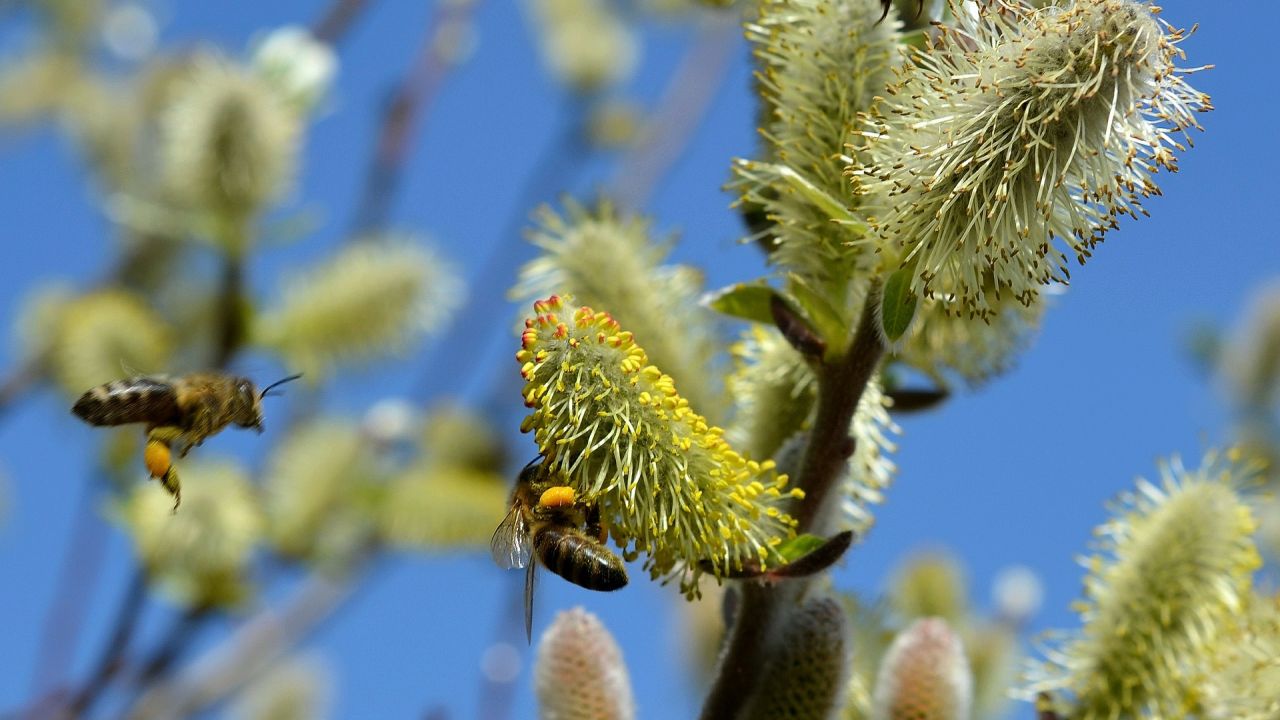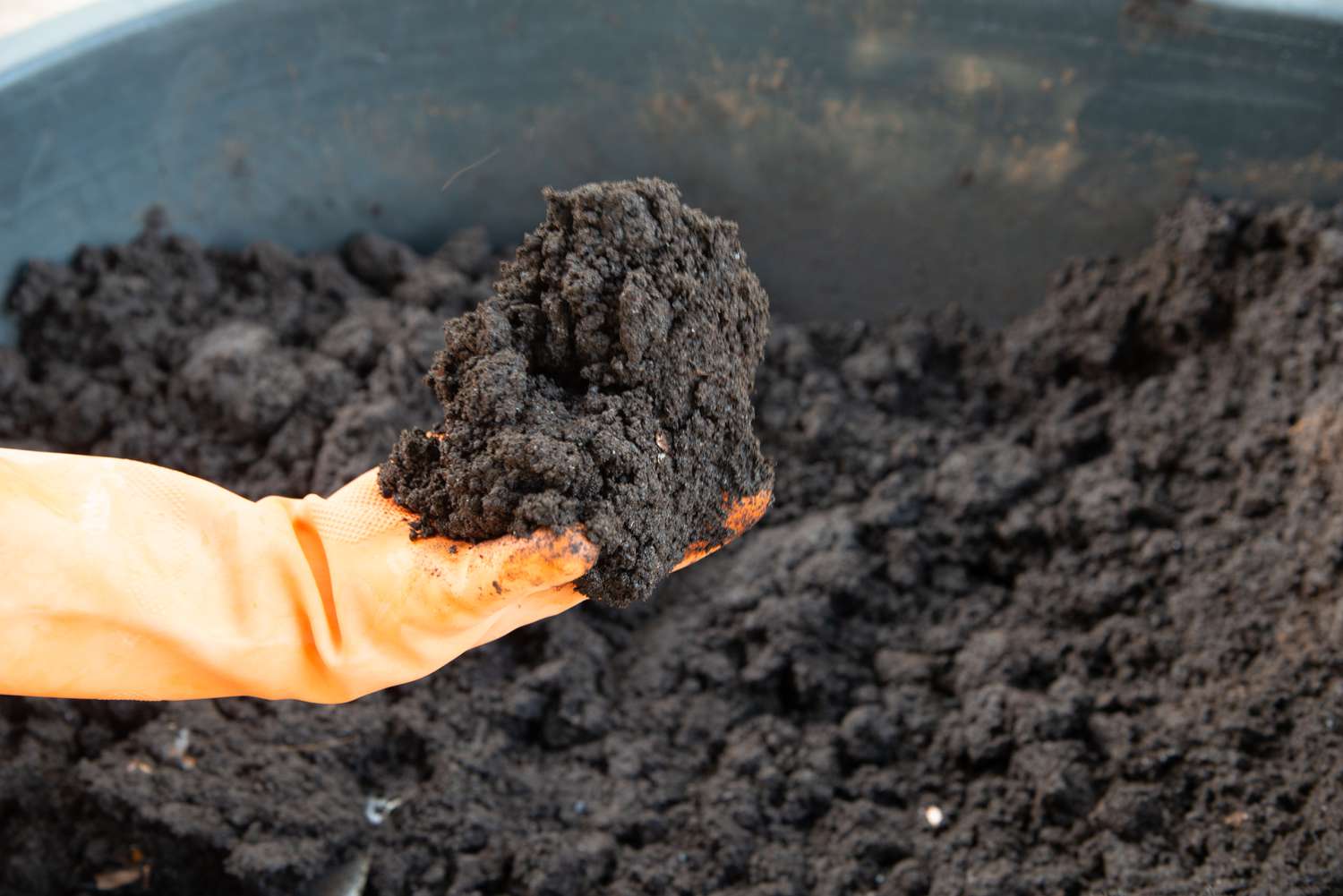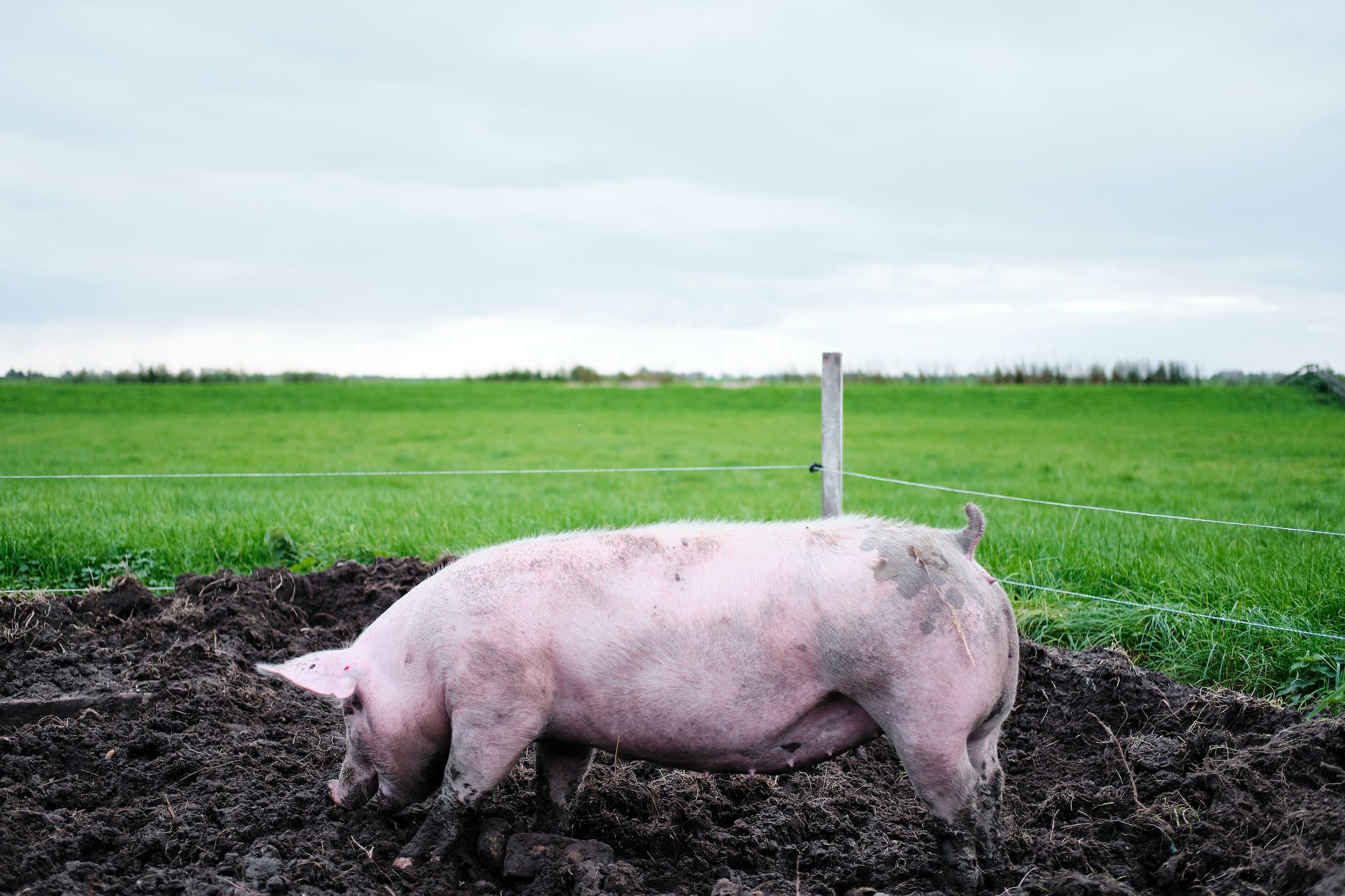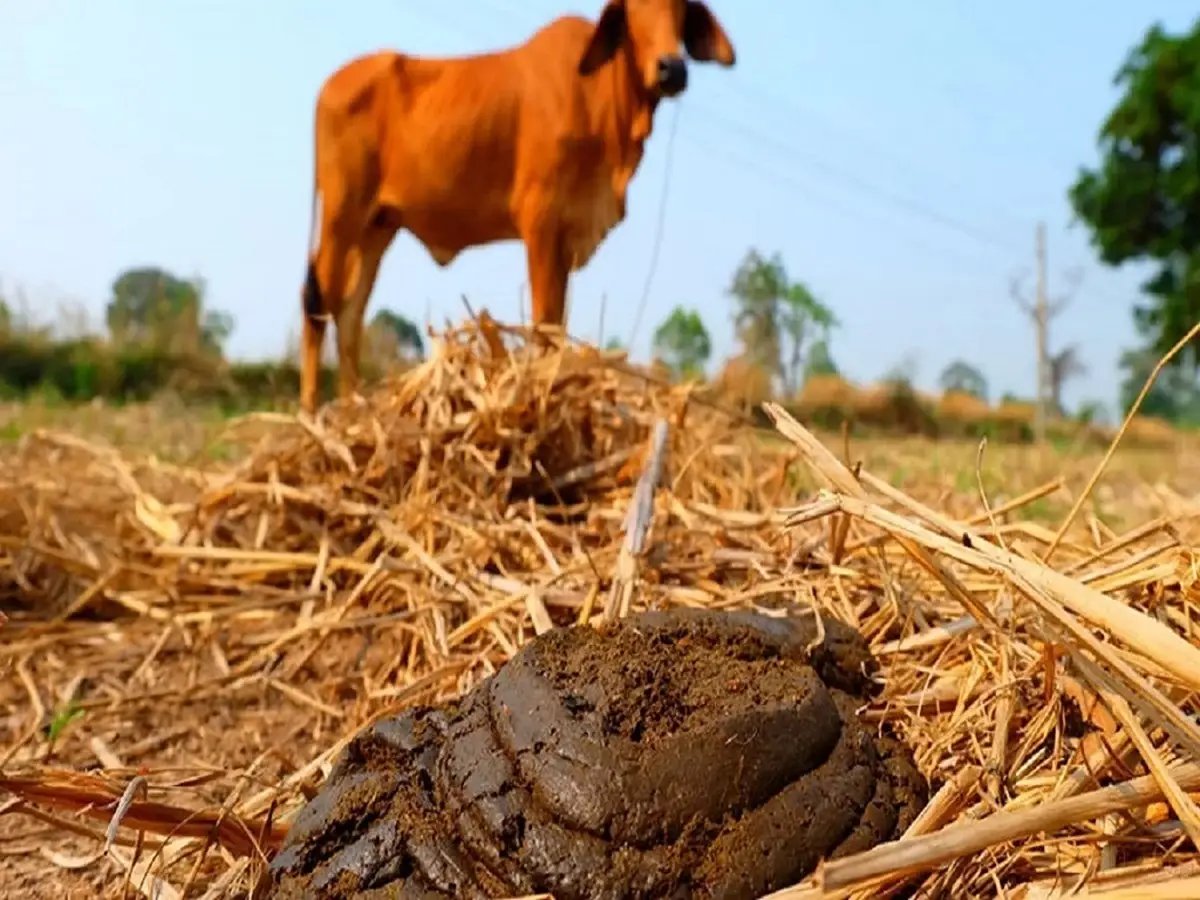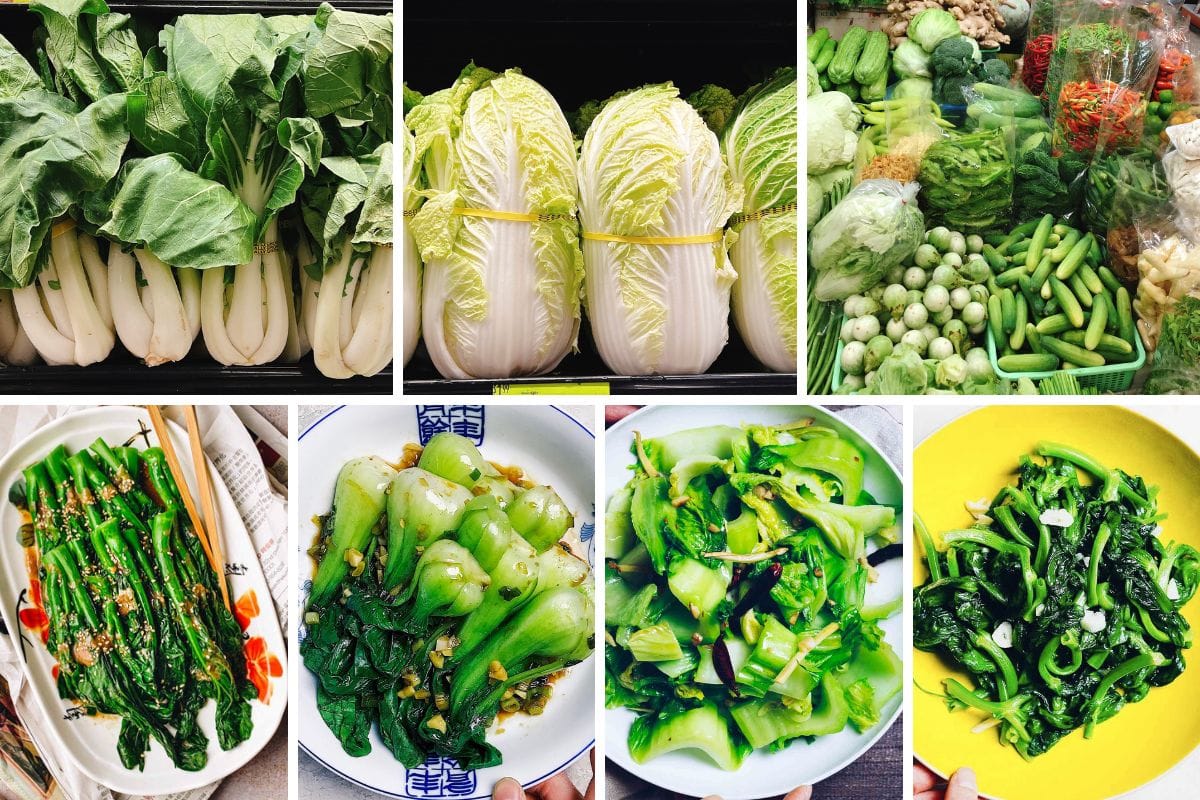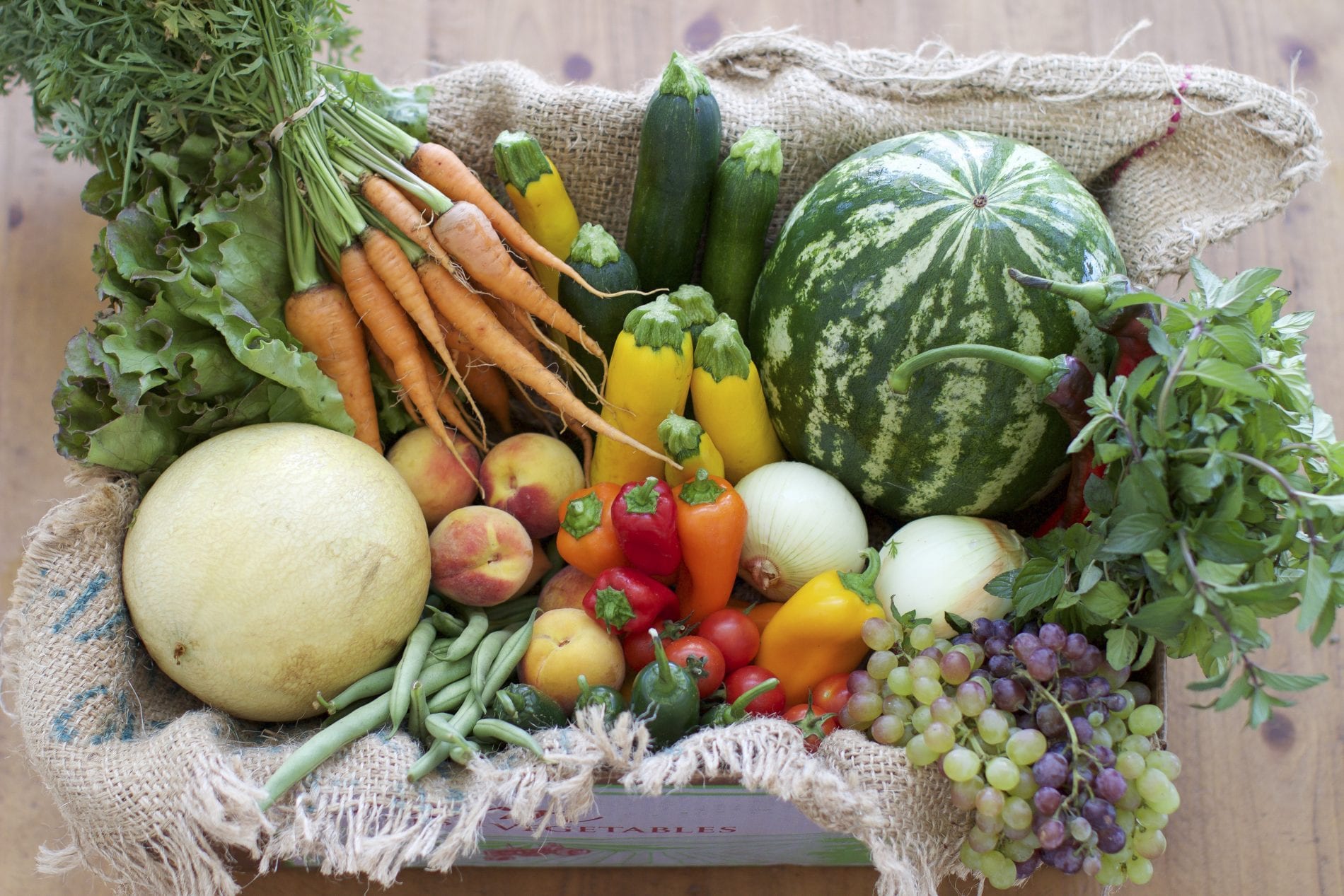Home>Gardening Tips and Tricks>Eco-Friendly Gardening>What Vegetables Don’t Like Manure


Eco-Friendly Gardening
What Vegetables Don’t Like Manure
Modified: February 9, 2024
Discover the secrets of eco-friendly gardening and learn which vegetables don't thrive with manure. Enhance your gardening knowledge and create a sustainable, thriving garden.
(Many of the links in this article redirect to a specific reviewed product. Your purchase of these products through affiliate links helps to generate commission for Chicagolandgardening.com, at no extra cost. Learn more)
Table of Contents
Introduction
Welcome to the world of eco-friendly gardening, where sustainable practices and natural solutions are prioritized. One key aspect of creating a thriving garden is selecting the right fertilizer for your vegetables. While there are various options available, one popular choice is using manure as a natural fertilizer. However, not all vegetables thrive when exposed to manure, and it’s essential to understand which crops prefer different types of fertilizers.
Manure has long been used in agriculture due to its nutrient-rich composition. It provides plants with essential elements like nitrogen, phosphorus, and potassium, promoting healthy growth and abundant yields. In addition to being environmentally friendly, using manure as a fertilizer can also help recycle organic waste, reducing our ecological footprint.
However, it’s important to note that not all vegetables appreciate the application of manure. Certain crops have specific needs when it comes to soil fertility and composition. While manure can benefit some vegetables, it may hinder the growth of others. Therefore, as an eco-conscious gardener, it’s crucial to understand which plants don’t thrive when manure is used as a fertilizer, and explore alternative options that will still meet their nutritional requirements.
In this article, we will explore both the benefits and drawbacks of using manure as a fertilizer for vegetables. We will also delve into several specific vegetables that prefer other types of fertilizers. By learning about these alternative options, you can make informed choices and create a thriving, eco-friendly garden that caters to the unique needs of each plant.
Benefits of Using Manure for Vegetables
Using manure as a fertilizer for vegetables offers several notable benefits. Let’s explore some of the advantages below:
- Nutrient-rich: Manure is an excellent source of organic matter and essential nutrients, including nitrogen, phosphorus, and potassium. These nutrients are essential for plant growth and help produce healthy, vibrant vegetables.
- Improved soil structure: Manure helps improve soil structure by enhancing its ability to retain moisture and nutrients. It also promotes better drainage by breaking up compacted soils, allowing roots to penetrate deeper and access vital resources.
- Slow-release fertilization: Manure releases nutrients slowly over time, providing a steady supply of nourishment to vegetables. This gradual release helps prevent nutrient imbalances, ensuring that plants receive a consistent and balanced diet.
- Enhanced microbial activity: Manure supports the growth of beneficial microorganisms in the soil. These microorganisms break down organic matter into nutrients that are easily absorbed by plants. This symbiotic relationship improves soil health and fertility.
- Sustainable and eco-friendly: Using manure as a fertilizer falls in line with sustainable gardening practices. It helps reduce waste by recycling organic materials and supports a more natural and chemical-free approach to gardening.
It’s important to note that manure should be well-aged or composted before use to avoid potential risks of nutrient imbalances, weed seeds, and pathogens. Properly composted manure ensures that the beneficial properties are preserved while mitigating potential drawbacks.
Drawbacks of Using Manure for Vegetables
While manure can provide numerous benefits to vegetable plants, there are also some potential drawbacks to consider. Let’s explore these drawbacks below:
- Odor: Manure can have a strong odor, especially if it’s fresh or improperly composted. This can be unpleasant for gardeners and may even cause issues with neighbors or nearby homes.
- Pathogens and Weed Seeds: Manure can contain pathogens and weed seeds that may harm vegetable plants. If the manure is not properly composted or aged, these contaminants can be transferred to the garden soil and affect plant health and crop quality.
- Imbalanced Nutrients: Depending on the type of manure used, there is a risk of nutrient imbalances in the soil. Different manures have varying nutrient compositions, and applying too much can lead to excessive levels of certain nutrients, which can hinder plant growth and potentially harm the environment.
- Environmental Impact: Improper use of manure can have negative environmental consequences. If overused or misapplied, excess nutrients can leach into groundwater or nearby water bodies, contributing to water pollution and potentially harming aquatic ecosystems.
- Slow Release of Nutrients: While the slow-release nature of manure is beneficial for long-term plant health, it may not be ideal for crops that require rapid nutrient availability, such as fast-growing vegetables or those grown in containers with limited soil volume.
Despite these drawbacks, it’s important to remember that most of these issues can be mitigated with proper composting, careful application, and considering the specific needs of each vegetable plant. By understanding and addressing these concerns, the use of manure as a fertilizer can still be an effective and sustainable choice for many gardeners.
Vegetables That Don’t Thrive with Manure
While manure can be beneficial for many vegetable plants, there are certain crops that don’t respond well to its application. It’s crucial to understand which vegetables fall into this category to ensure optimal growth and yield. Let’s take a look at some vegetables that don’t thrive with manure:
- Root Crops: Vegetables like carrots, beets, and radishes prefer loose, well-draining soil with minimal organic matter. Excessive nitrogen from fresh manure can cause these root crops to develop lush foliage at the expense of the edible roots. This can result in misshapen or stunted growth.
- Leafy Greens: Vegetables such as lettuce, spinach, and Swiss chard thrive in nitrogen-rich soils. However, excessive nitrogen from fresh manure can lead to rapid leaf growth and reduce flavor and texture quality. It’s best to avoid using fresh manure on leafy greens and opt for composted alternatives instead.
- Onions and Garlic: Bulb crops like onions and garlic prefer a well-draining soil with moderate fertility. Too much nitrogen from manure can result in excessive leaf growth at the expense of bulb development. This can lead to smaller or underdeveloped bulbs.
- Peppers and Tomatoes: These vegetable crops are sensitive to excessive nitrogen levels, which can result in a lush canopy but reduce fruit set and flavor. It is advisable to use a balanced fertilizer or compost instead of fresh manure for these plants.
- Legumes: Legume crops, including beans and peas, have the unique ability to fix their nitrogen from the air through symbiotic relationships with nitrogen-fixing bacteria in the soil. Adding additional nitrogen through manure can disrupt this delicate balance and hinder their nitrogen-fixing ability.
Remember, this list serves as a general guideline, and individual preferences may vary based on specific cultivars and growing conditions. It’s always a good idea to consult seed packets, plant labels, or trusted gardening resources for specific recommendations regarding the use of manure on different vegetable crops.
Alternative Fertilizers for Vegetables
If you have vegetables in your garden that don’t thrive with manure, there are several alternative fertilizers you can use to meet their nutritional needs. By choosing the right alternative, you can ensure that your vegetables receive the necessary nutrients for optimal growth. Here are some popular alternative fertilizers for vegetables:
- Compost: Compost is a fantastic all-around fertilizer for vegetables. It enriches the soil with organic matter, improves its structure, and provides a slow-release supply of nutrients. Compost is suitable for almost all vegetable crops and helps to promote overall soil health.
- Blood Meal: Blood meal is a natural fertilizer high in nitrogen, making it ideal for leafy vegetables that require a boost in this nutrient. It is derived from dried blood and acts as a quick-release fertilizer, providing rapid growth for leafy greens like lettuce and spinach.
- Bone Meal: Bone meal is a slow-release fertilizer that is rich in phosphorus and calcium, two essential elements for root development and fruiting. It is particularly beneficial for vegetable crops like tomatoes, peppers, and root vegetables that require phosphorus for vibrant blooms and strong root systems.
- Fish Emulsion: Fish emulsion is made from fermented fish waste and is an excellent organic fertilizer high in nitrogen, phosphorus, and potassium. It is suitable for a wide range of vegetables and provides a balanced and readily available nutrient source for healthy growth.
- Garden Companions: Certain companion plants act as natural fertilizers by improving soil fertility and repelling pests. For example, planting legume crops like clover or beans alongside nitrogen-loving vegetables can introduce nitrogen into the soil through their nitrogen-fixing capabilities.
It’s important to follow the recommended application rates for alternative fertilizers to avoid over-fertilization. Additionally, regular soil testing can help you determine any nutrient deficiencies and make informed decisions about which alternative fertilizers to use for specific crops.
By using these alternative fertilizers, you can ensure that all your vegetables receive the necessary nutrients for healthy growth, regardless of their compatibility with manure.
Conclusion
Cultivating an eco-friendly garden involves carefully considering the fertilizers used for vegetable crops. While manure is a popular choice due to its nutrient-rich composition and sustainable nature, not all vegetables thrive when exposed to it. Understanding which vegetables prefer alternative fertilizers is essential for promoting optimal growth and yield.
We explored the benefits of using manure for vegetables, including its nutrient content, ability to improve soil structure, and sustainable qualities. However, we also discussed the drawbacks, such as potential odor, pathogens, imbalanced nutrients, and environmental impact. It’s crucial to properly compost manure and consider its compatibility with specific crops.
We highlighted several vegetables that don’t thrive with manure, including root crops, leafy greens, onions and garlic, peppers and tomatoes, and legumes. These vegetables have specific nutrient requirements that are better met through alternative fertilizers.
To meet the nutritional needs of these crops, we discussed alternative fertilizers such as compost, blood meal, bone meal, fish emulsion, and companion planting. These options can provide the necessary nutrients while promoting healthy growth and avoiding the potential drawbacks associated with manure.
As an eco-conscious gardener, it’s essential to consider the individual needs of each vegetable plant and make informed decisions about the fertilizers used. By choosing the right fertilizers for your vegetables, you can create a thriving and sustainable garden that yields bountiful harvests while minimizing environmental impact.
Remember, it’s always beneficial to consult seed packets, plant labels, or trusted gardening resources to determine the specific fertilizer requirements of your vegetable crops. By following proper fertilization practices, you can ensure the health and productivity of your vegetable garden, all while promoting eco-friendly and sustainable gardening.
